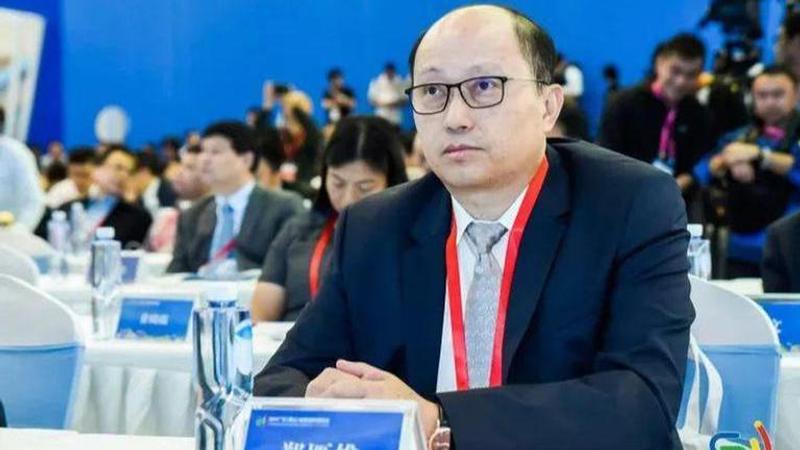Published 18:31 IST, July 3rd 2020
China appoints new head of National Security Office in Hong Kong amid uproar
Amid the growing tensions between world leaders and Beijing, China appointed Zheng Yanxiong as the director of the new national security office in Hong Kong.

Amid the growing tensions between world leaders and Beijing, China on July 3 appointed Zheng Yanxiong as the director of the new national security office in Hong Kong. According to a local Chinese media outlet, Zheng became prominent during a 2011 clampdown on protesters. The 57-year-old recently served as the secretary-general of the Communist Party committee of Guangdong province.
As per reports, Zheng also sparked controversy while he was the party chief of the Guangdong city of Shanwei. While the protesters in the village of Wukan sought compensation for land requisitioned by the government and elected a committee to represent their rights, several video clips were leaked from an internal government meeting which reportedly showed Zheng criticising the villagers and calling foreign media ‘rotten’.
While the new director of the national security office has never held a post outside Guangdong, the Chinese media outlet reported that he was also the vice-minister in charge of propaganda for the province from 2013 to 2018. As per reports, Li Jiangzhou and Sun Qingye were appointed as Zheng's deputies.
China’s national security law
The new national security law was signed into effect by China’s President Xi Jinping on June 30. The legislation imposed on Hong Kong will punish crimes of succession, subversion, terrorism and collusion with foreign forces with up to life in prison. New local police and prosecution units will also be set-up to make sure the law is implemented.
While the 162-member Standing Committee of China's legislature the National People's Congress (NPC) passed the law, the US, the European Union and NATO have expressed concern on the legislation and warned of retaliatory measures. Even with world leaders condemning the new law, China argued that the law is to safeguard the nation’s security. However, one the other hand, critics of the law think it threatens the promised autonomy of the city and increases China’s authority on the residents.
(Image: @PDChina/Twitter)
Updated 18:31 IST, July 3rd 2020




